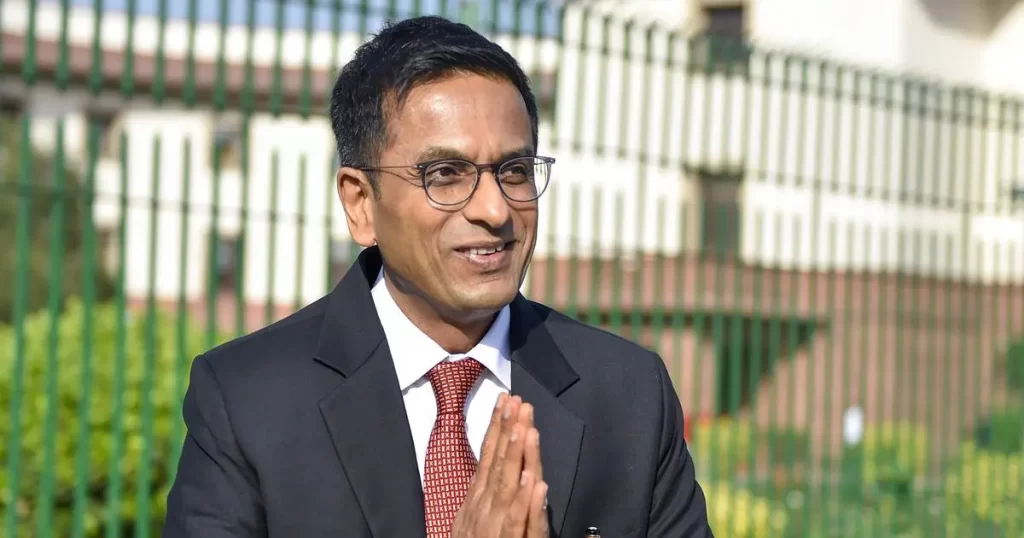Jahanvi Agarwal
Supreme Court Judge Justice Krishna Murari is set to retire on 07.07.2023. At the farewell function held by the Supreme Court Bar Association (SCBA)spoke on the sanctity of the Supreme Court as an institution:
“The Supreme Court is not only the guardian of India’s multi-cultural ethos and diversity, but it is also an embodiment of that civilization. This Court consists of people from across different regions, languages, religion, caste all working towards the cause of justice. This plurality represents the true essence of our great country.”
The Supreme Court, according to Justice Murari, is not just the guardian and custodian of constitutional principles but also of the constitutional ideals and values our forefathers had fought for.
Justice Murari pronounced that:
“If our constitution is the arch on the edifice of which our nation rests then the Supreme Court is the key stone holding this constitutional arch in place.”
Justice Murari requested the senior members of the bar to look out for their juniors, pay them well, and assist them in their careers on the occasion of his retirement-
“I have always encouraged young solicitors to engage in debate. I always advised them to take the credit if the outcome was favourable. I’ll contact your senior if it has to be dismissed,”.
With the Supreme Court becoming paperless, Justice Murari appreciated Chief Justice DY Chandrachud for providing him with the opportunity to learn to adapt to technology.
CJI Chandrachud stated at the farewell:
“My association with him traces back to when I took over as Allahabad CJ in 2013. He was always very calm, the perfect demeanor for a judge. He shared with me yesterday that he’s never lost his temporary at a member of the bar throughout his judicial career.”
Furthermore, CJI appreciated Justice Murari for being quick to adapt to technology:
“Even though he was not initially conversant with using an iPad and a laptop, he learnt very quickly. It was primarily because of the co-operation of Justice Murari and my other colleagues, that we were able to go paperless.”

